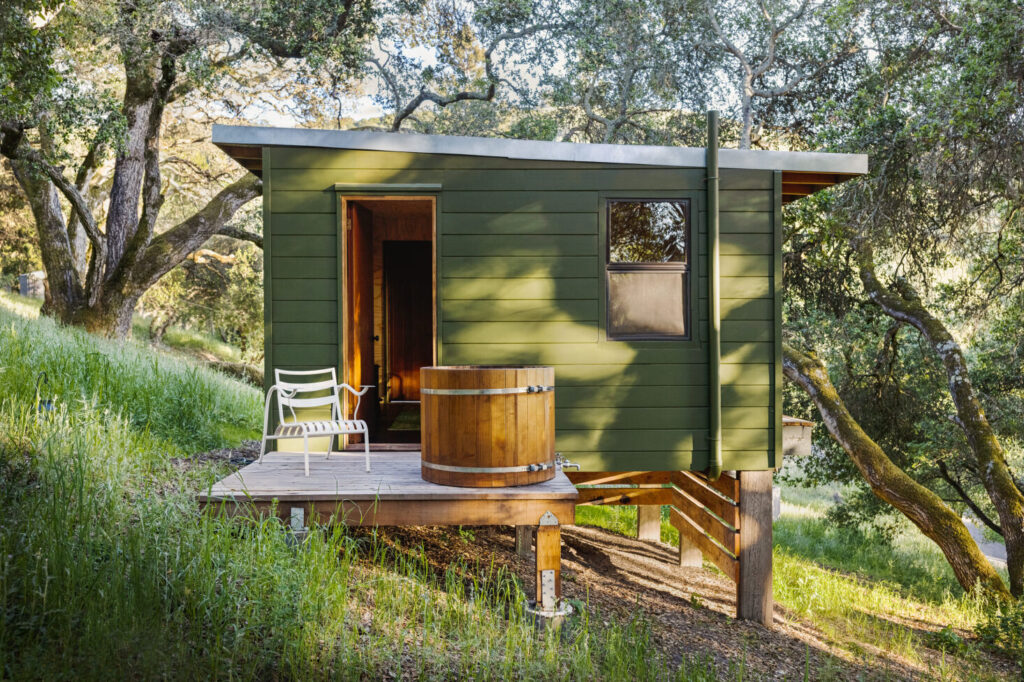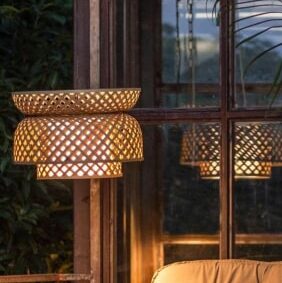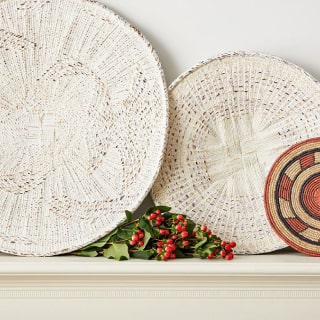Big Living in a Tiny Home
Tiny home living has gained popularity in recent years, not just as a trend but as a lifestyle choice with a multitude of benefits. Whether you’re looking to simplify your life, save money, or reduce your environmental impact, living in a tiny home offers unique advantages. Let’s explore some of the key benefits of downsizing to a tiny home.

The Benefits of Tiny Home Living: A Path to Financial Freedom and Sustainability
In recent years, tiny home living has transitioned from a niche trend to a widely recognized lifestyle. With rising housing costs, environmental concerns, and a cultural shift toward minimalism, more people are choosing to downsize. Tiny homes offer numerous benefits, from reducing debt and promoting financial freedom to lessening environmental impact. Let’s explore how tiny home living can lead to a simpler, more intentional life and how it contributes to a more sustainable future for current and next generations.
1. Affordability and Debt Reduction
One of the most significant advantages of living in a tiny home is the financial relief it provides. Traditional homeownership comes with steep mortgages, property taxes, and maintenance costs that can weigh heavily on homeowners for decades. On the other hand, tiny homes are far more affordable, with the average cost ranging from $30,000 to $60,000, compared to the $300,000+ price tag of a traditional home. By opting for a tiny home, individuals can drastically reduce or even eliminate their mortgage debt.
Tiny home dwellers also benefit from lower utility bills. With a smaller space to heat, cool, and power, energy consumption is significantly reduced. Many tiny homeowners take sustainability a step further by incorporating off-grid features such as solar panels, composting toilets, and rainwater collection systems. This combination of reduced building and maintenance costs leads to ongoing financial savings. For more details on the affordability of tiny homes, check out Tiny House Society.
2. Achieving Financial Freedom in a Tiny Home
The financial freedom that comes with tiny home living extends beyond lower housing and utility costs. Without the burden of a large mortgage or expensive rent, tiny homeowners often have more disposable income, which can be directed toward paying off other debts, saving for retirement, or investing in experiences rather than material possessions.
Many people find that this lifestyle shift promotes better financial habits, including living within their means and focusing on long-term financial goals. This freedom from financial stress not only improves quality of life but also allows individuals to explore other passions or opportunities without the constraints of traditional homeownership. For further insights into how tiny homes promote financial freedom, visit The Tiny Life.
3. Environmental Sustainability
Tiny homes are inherently more sustainable than traditional houses. With less space to heat and cool, tiny homes use fewer resources, which results in a lower carbon footprint. Many tiny home builders use eco-friendly materials and adopt energy-efficient appliances, further reducing the environmental impact of the home.
In addition to using fewer resources, tiny homes promote minimalism, which encourages owners to reduce their consumption of goods. Living in a smaller space forces individuals to think carefully about what they truly need, often leading to less waste and a more environmentally conscious lifestyle. For more information on the environmental benefits of tiny homes, check out TreeHugger.
4. Mobility and Flexibility
One of the unique aspects of tiny homes is their mobility. Many tiny homes are built on trailers, making them easy to move from one location to another. This flexibility allows homeowners to relocate as needed, whether for work, adventure, or a desire to experience different environments.
This mobility also appeals to those who value a minimalist, nomadic lifestyle. Instead of being tied down to one location, tiny home dwellers can travel freely, taking their home with them. This flexibility provides the freedom to live in various locations without the hassle of selling or renting out a home. You can explore more about mobile tiny homes and tiny home communities at Tiny House Listings.
5. Minimalism and Lifestyle Changes
Tiny home living is closely tied to the minimalist movement. With limited space, individuals are encouraged to focus on owning only what they truly need. This shift away from materialism can lead to a more intentional, clutter-free lifestyle. Minimalism encourages people to prioritize experiences, relationships, and personal well-being over possessions.
For many, this lifestyle change leads to reduced stress and greater mental clarity. Without the burden of excessive belongings, tiny home dwellers often report feeling more in control of their lives. Minimalism also ties into sustainability, as consuming less leads to a smaller environmental footprint. For more on the connection between tiny home living and minimalism, visit Becoming Minimalist.

6. A Movement for Future Generations
The tiny home movement is more than just a housing trend; it represents a shift in how people view consumption and sustainability, particularly for younger generations. Millennials and Gen Z, facing skyrocketing housing costs and growing environmental concerns, are increasingly drawn to the tiny home lifestyle. These generations value experiences over material possessions and are more conscious of their environmental impact.
Living small is seen as a solution to the housing affordability crisis while also addressing the need for more sustainable living practices. Tiny homes allow for a balance between financial security and environmental responsibility, making them an attractive option for future generations. As more people embrace this lifestyle, it sets a positive example for how we can live sustainably and within our means. You can learn more about the impact of tiny homes on younger generations at Tiny House Society.
The Tiny Home Conclusion
Tiny home living offers a multitude of benefits, from reducing debt and promoting financial freedom to fostering environmental sustainability and minimalist living. For those looking to simplify their lives, reduce their environmental impact, and achieve financial independence, tiny homes provide a viable and rewarding lifestyle choice. As this movement continues to grow, it not only offers solutions for today but also creates a sustainable way of living for future generations.














1 Comment
What a nice article. It keeps me reading more and more!